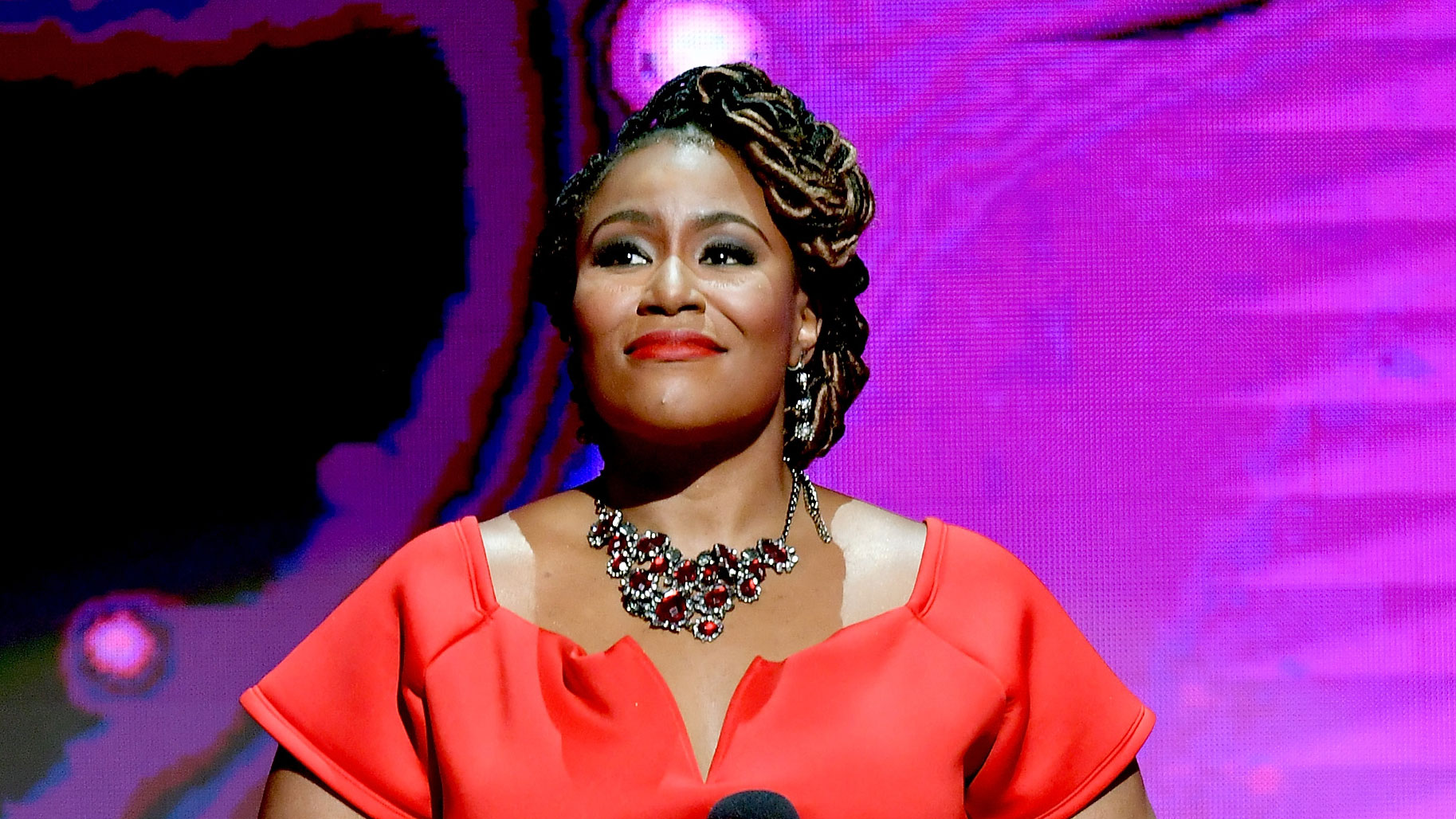A sobering new study about young adults reveals many of them are willingly ride in cars and trucks with an impaired driver.
The study’s authors call it RWI, which stands for Riding With an Impaired Driver.
Their research, published this month in the Journal of Studies on Alcohol and Drugs, reveals that 33 percent of “emerging adults” – defined as teens and young adults one or two years out of high school – admit they have knowingly entrusted their life to someone who was intoxicated or impaired by alcohol, cannabis or other, more potent and illicit drugs.
Mesa College student Maria Benitez said she’s not surprised by the study’s findings.
“I needed to get to a place, so I got in the car,” she said of her decision to take a ride from a friend who’d been smoking marijuana. Benitez said she’s done it more than once, but asks questions first, of that driver.
"Before getting in the car, I ask them ‘Can you drive? Have you done this before?’ If they (assure me, then) I'm like, ‘OK, well get me to my place.’"
Emily Azadnia, a recent college grad, said she would not drive after using cannabis, but does not think her friends, who consume small amounts of that drug and are used to its effects, aren't necessarily dangerous behind the wheel.
U.S. & World
News from around the country and around the globe
“I think people who take one hit off a bowl and get creative, I don’t think those people are impaired,” said Azadnia.
According to the study, 23 percent of young adults surveyed said they have ridden with an alcohol-impaired driver in the past year. Seventeen percent trusted a cannabis-impaired driver enough to ride in their car. Five percent drove with someone who used more powerful, illicit drugs.
But Maria Benitez and Emily Azadnia said they do not trust drivers who’ve been drinking and will not ride with them.
"I never got in the car with people who were driving under the influence of alcohol,” said Azadnia. “That scared me."
"None of my friends drive when they're drinking," said Benitez.
Another young adult said he won't take chances with a driver who's been using any substance.
"We’ve got Uber. We’ve got other apps to go where we need to go,” said Michael Infante. “So there's no excuse not to get out of the situation."
The study’s authors suggest that public education programs -- like those that remind us that "Real friends don't let friends drive drunk" -- could change the attitude of some young adults on this issue.
The authors suggest, for example, a public awareness campaign that reminds young adults that "Real friends don't let friends ride with intoxicated drivers".



